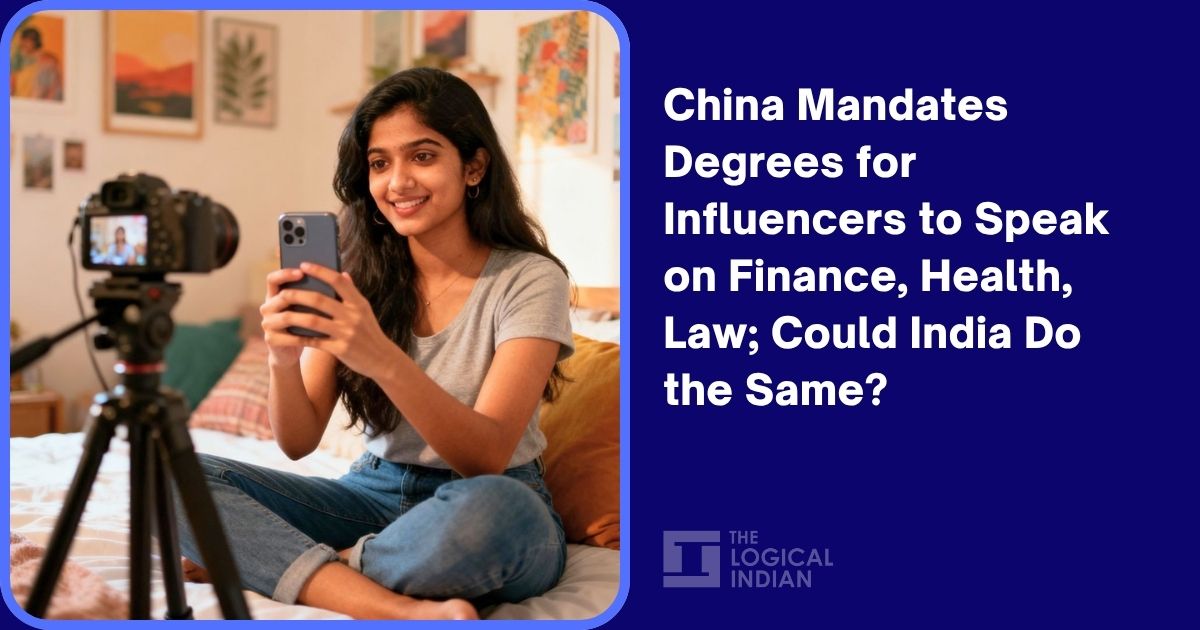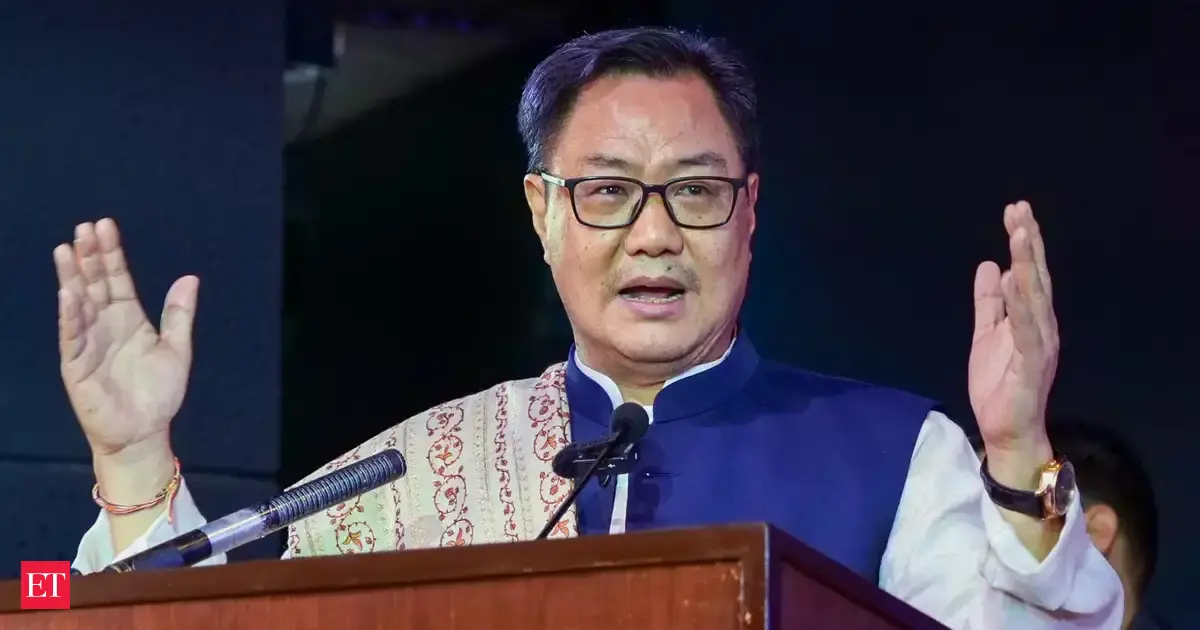Copyright thelogicalindian

China’s Cyberspace Administration has rolled out strict influencer rules that came into effect on 25 October 2025. Under the measures, people who create content on sensitive topics, medicine, finance, law, and education, must hold recognised qualifications (degrees, licences or certifications) before platforms allow them to publish advice or commentary. Major domestic platforms such as Douyin, Weibo and Bilibili are required to verify credentials, demand citations and add disclaimers; the rules also ban ads that disguise commercial product promotion as educational content. Why Beijing says it did this: the stated aim is to curb misinformation and protect citizens from harmful or misleading advice on specialised topics, a fast policy response to viral, unverified advice that has real-world consequences. Critics argue the law narrows public debate and raises freedom-of-speech concerns. Is the China rule new or part of an existing global trend? China’s approach is unusually prescriptive, mandating proof of qualifications rather than just disclosures or fact-checks, but it joins a global move toward greater platform accountability. Across democracies regulators are debating how to make platforms stop the spread of dangerous health or financial misinformation while safeguarding legitimate speech. In China’s case the rule is also a continuity of its broader information governance model, which couples technical compliance demands with cultural and political controls. Where India already regulates influencers and online content India does not currently require formal degrees for influencers, but it does have an emergent regulatory ecosystem that touches similar problems: Self-regulation and disclosure: The Advertising Standards Council of India (ASCI) revised its influencer advertising guidelines in 2024–25, tightening disclosure rules for health and finance influencers and urging clear, prominent labelling of paid content. Platforms and creators are expected to flag sponsored posts and avoid misleading claims. Food and health claims: FSSAI has been active in policing misleading food and nutraceutical claims; recent directives (2025) restrict certain labels and enforce stricter claims standards. Influencer promotions of foods and supplements must align with FSSAI rules. Draft deepfake / AI labelling rules: The Centre recently proposed draft amendments requiring clear, visible labels on AI-generated media (for example, labelling that must cover at least 10% of a visual surface), and requiring platforms to gather user declarations when content is AI-generated, measures aimed directly at curbing deepfake-driven fraud and misinformation. OTT & digital content oversight: The Ministry of Information & Broadcasting (MIB) continues to refine rules for online curated content (OTT), most recently issuing draft accessibility guidelines and other notices in October 2025, demonstrating a growing regulatory appetite for platform-level governance. Could India require influencer qualifications like China? A qualification mandate like China’s would be legally and politically fraught in India for several reasons: Free speech and constitutional challenge risk: A rule that narrows who can speak on topics could invite constitutional litigation arguing prior restraint and overbroad restriction on speech. Operational feasibility: Verifying millions of creators’ credentials across languages and informal markets is hugely resource-intensive for platforms and government. ASCI’s disclosure regime already struggles with scale; mandating degrees would increase enforcement complexity. Informal expertise and community knowledge: Many credible voices on subjects such as personal finance or lived health experience do not hold formal degrees yet offer value. A strict test risks sidelining these voices and losing community knowledge. Enforcement priorities: India has been focusing instead on targeted interventions, stronger disclosure rules, industry self-regulation (ASCI), product claim policing (FSSAI), and draft deepfake labels, which are politically and technically easier to deploy quickly. What a middle path could look like for India India has tools and precedents it can scale up without adopting China’s blanket qualification model: Strengthen verification for high-risk categories: Require credential verification only for creators who claim professional expertise (e.g., clinical advice, certified financial planning), not for all creators. ASCI’s addendum on health and finance is a useful starting point. Mandatory disclosures + platform accountability: Enforce disclosure, provenance metadata and prominent AI labels (the draft IT/AI labelling proposals point this way) so audiences can judge credibility quickly. Industry-government codes for sensitive sectors: Co-regulatory frameworks (government rules + sector bodies like FSSAI and RBI guidance for BFSI content) can set boundaries for safe advice and penalise false claims. Targeted platform enforcement tools: Use algorithms to flag risky claims, require human review for medical/financial posts flagged by signals, and impose fines or de-prioritisation for repeat offenders. This mirrors China’s focus on platform responsibility without shuttering voices by fiat. The Logical Indian’s Perspective China’s new influencer qualification rules raise complex questions about the right balance between curbing misinformation and preserving free expression online. While safeguarding public health and information accuracy is vital, such regulations risk sidelining non-traditional voices and creative content. The Logical Indian supports transparent qualifications for sensitive advisories but urges a nuanced approach that does not silence independent experts or critical discourse.



